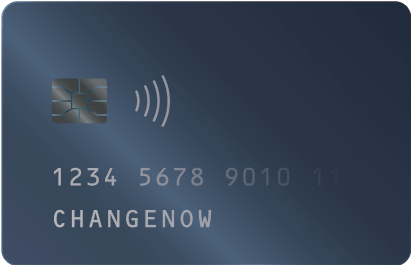Stellar is a decentralized payment system created to conduct fast cross-border transactions between any possible currencies. And if this purpose sounds similar to Ripple – that's true. Jed McCaleb – co-founder of the Ripple (XRP) – partnered with Korean investor Joyce Kim and created Stellar soon after he left the Ripple.
While "Stellar" is the system's name, it's more accurate to say that it's not the name of its native crypto. The native token of the Stellar network is called Lumen, or Stellar's Lumen, and its common utility is to conduct transactions and pay transaction fees. The thing is that to make a transaction through the Stellar network, you need to have at least 1 XLM on your wallet address. Otherwise, the system won't allow you to initiate a money transfer. The transaction fee is relatively small – only 0,00001 XLM. Jed created Stellar as a direct competitor of Ripple (XRP). In this project, he realized all ideas that the Board of Management blocked in Ripple. The project's tactic of developing a mutual global financial network is egalitarian. Rather than concentrating on either side of the centralization/decentralization discussion, Stellar embraces a bipartisan stance, which simultaneously offers solutions to the centralized financial system and enhances access to cost-effective services to both the unbanked and underbanked.
In May 2022, Stellar announced that its development foundation developed a technology that helps asses consumption of electricity and emission of Stellar's protocols. The assessment included electricity use, greenhouse gas emissions, and e-waste. Overall, it was discovered that Stellar's electricity consumption and carbon emissions are low.








































